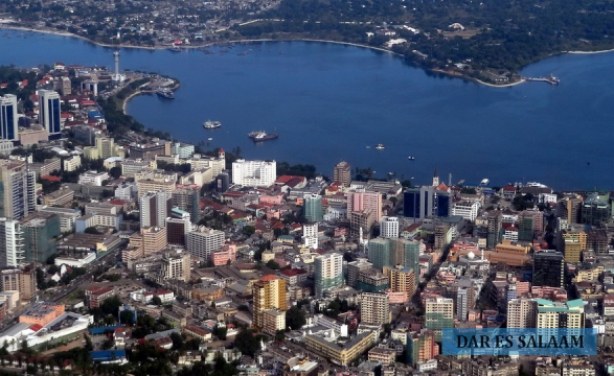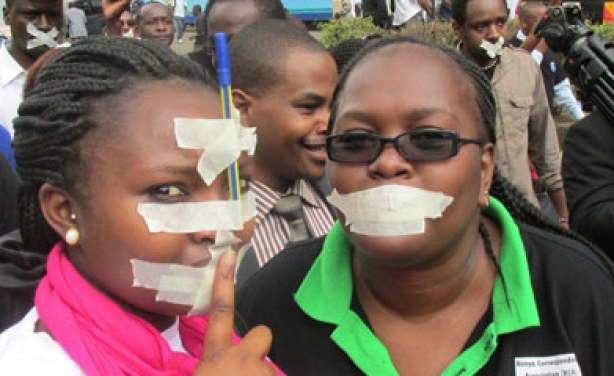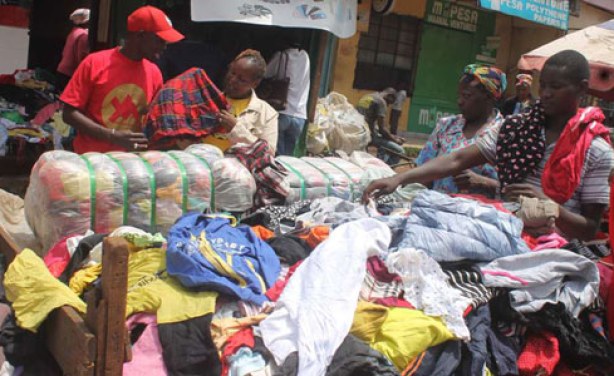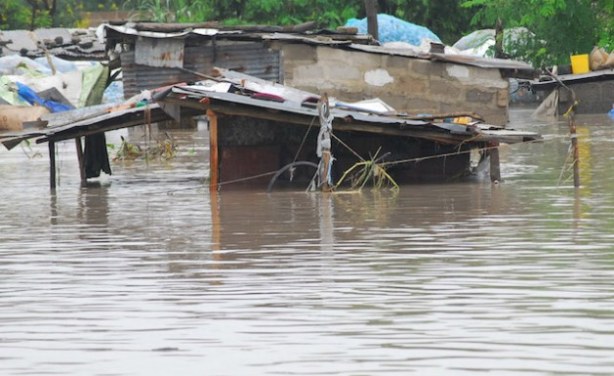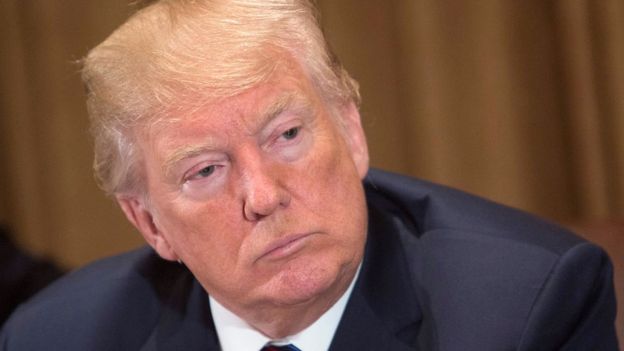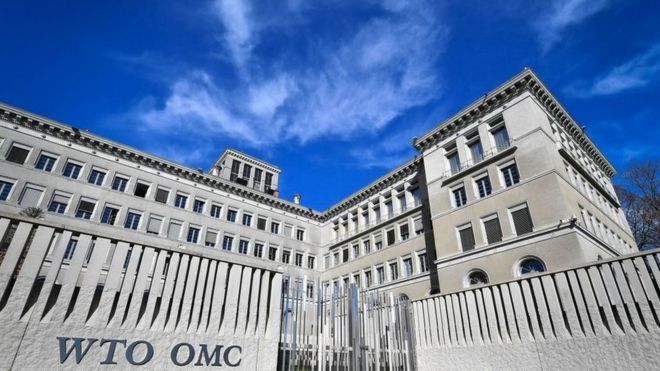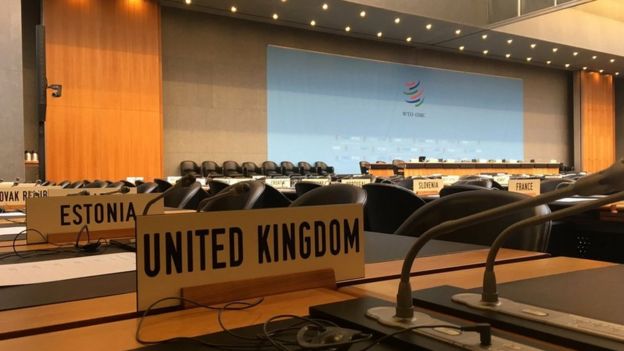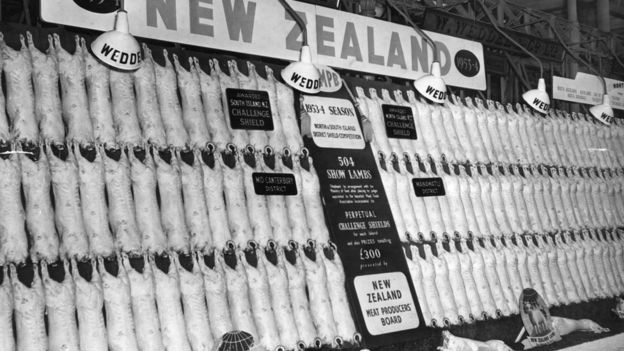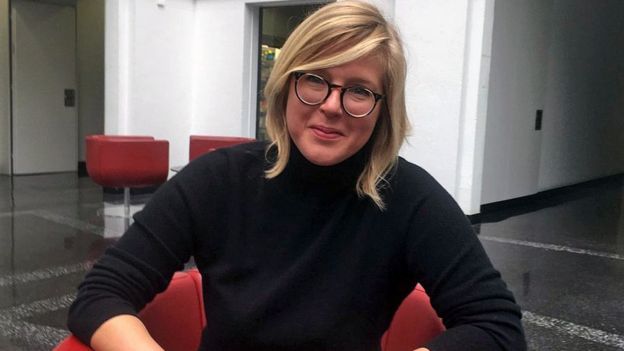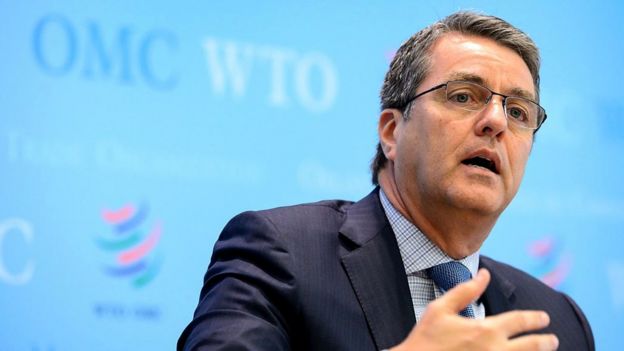Kenya: Joho Shows Up At Alikiba's Grand Wedding After Long Absence

Mombasa Governor Hassan Joho on Thursday attended the wedding of Bongo Flava sensation Ali Kiba, his first public appearance in two months.
Ali Kiba married a girl from Kongowea, Mombasa, Ms Amina Khalef, at the Ummul Kulthum mosque in the seaside city.
The wedding, from which the Kenyan media and public were excluded, was held at 7.30am to ward off gate crushers.
It was aired live on Azam TV, a Tanzanian broadcasting channel.
During the ceremony known as Nikkah, a man goes to the mosque to say "I do" and yesterday's was conducted by Sheikh Mohammed Karega.
FOREIGN TRIPS
Ali Kiba was accompanied by his younger brother Abdu Kiba, his best man.
The musician was dressed in a black gown, a turban and a dagger -- a custom for Swahili weddings.
"I Ali Saleh do accept to take Amina Khalef as my lawfully wedded wife," he said as directed by the sheikh.
Mr Joho has been away, mostly in Europe, for what aides said were official duties.
He visited Estonia, where he met investors and the county government signed a Memorandum of Understanding (MoU) with Let's Do It World Foundation to partner on an environmental cleanup of the county.
WATER DESALINATION
On another tour to Spain, which he made after returning from Estonia, Mr Joho said on social media that he had a "fruitful" engagement with the Spanish Government on the development of water desalination plants.
He also toured France where he attended a global water conference and Germany where he reportedly met officials of the world's largest trade show, Internationale Tourismus-Börse (ITB) congress in Berlin.
Critics questioned his absence wondering how the county could run in the governor's absence.
His administration however dismissed the critics as "attention seekers", insisting that all his visits were for the good of the county.
Yesterday, the governor, who arrived at the mosque in a white vehicle without a security detail, dodged the media and entered the mosque through a backdoor.
PRIVATE RECEPTION
After the wedding, Ali Kiba went to the house of Governor Joho's brother, Abubakar Joho, in Kizingo, for a ceremonial wedding meal known as "Kombe la bwana harusi" (groom's cup).
After the meal, Mr Joho led the party to his mansion in Vipingo Ridge, Kilifi, for a private reception, according to Mr Joho's handlers.
In the evening, the bride "walked down the aisle" at Diamond Jubilee hall in the Central Business District in a women-only event in accordance with Swahili traditions.
The bride, Ms Khalef, 23, hails from Kongowea in Kisauni constituency.
The little-known shy woman is the last born in a family of six and works at the Mombasa County Assembly.
"She works in the procurement department," Sadiq Hassan, a former county assembly staff, said.
She met the Tanzanian music star during many of his frequent visits to the county.
Ms Ama, the bride's mother, said: "Mr Joho is a family friend, I brought him up and assisted him in his campaigns and that's how we became close.
"When my daughter told me about a man who had fallen in love with her, I made inquiries. When I learnt that Mr Joho was involved, I blessed the union."
Ms Ama, a well-known campaigner in Kongowea, said she never thought her daughter would get married to a foreigner, leave alone a celebrity.
"But when I realised that it was God-ordained, I blessed the two. Ali Kiba is a good, responsible and disciplined man. I wish them the best. My daughter is happy and in love," Ms Ama Said, wife of a former councillor Khalef Ahmed, said.



